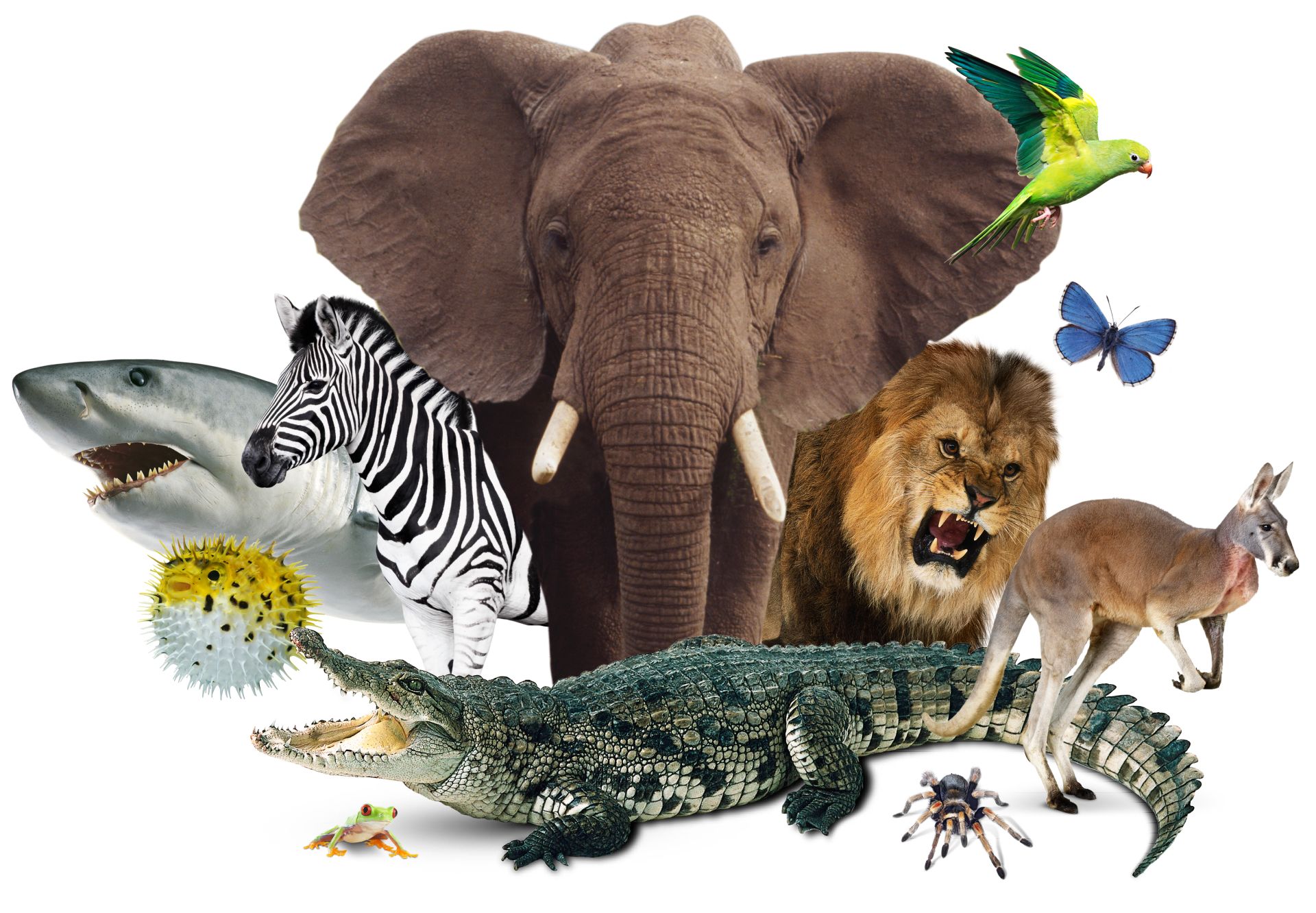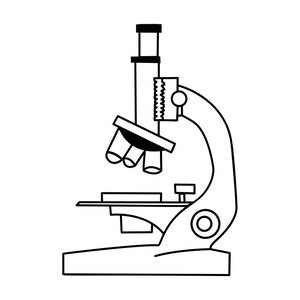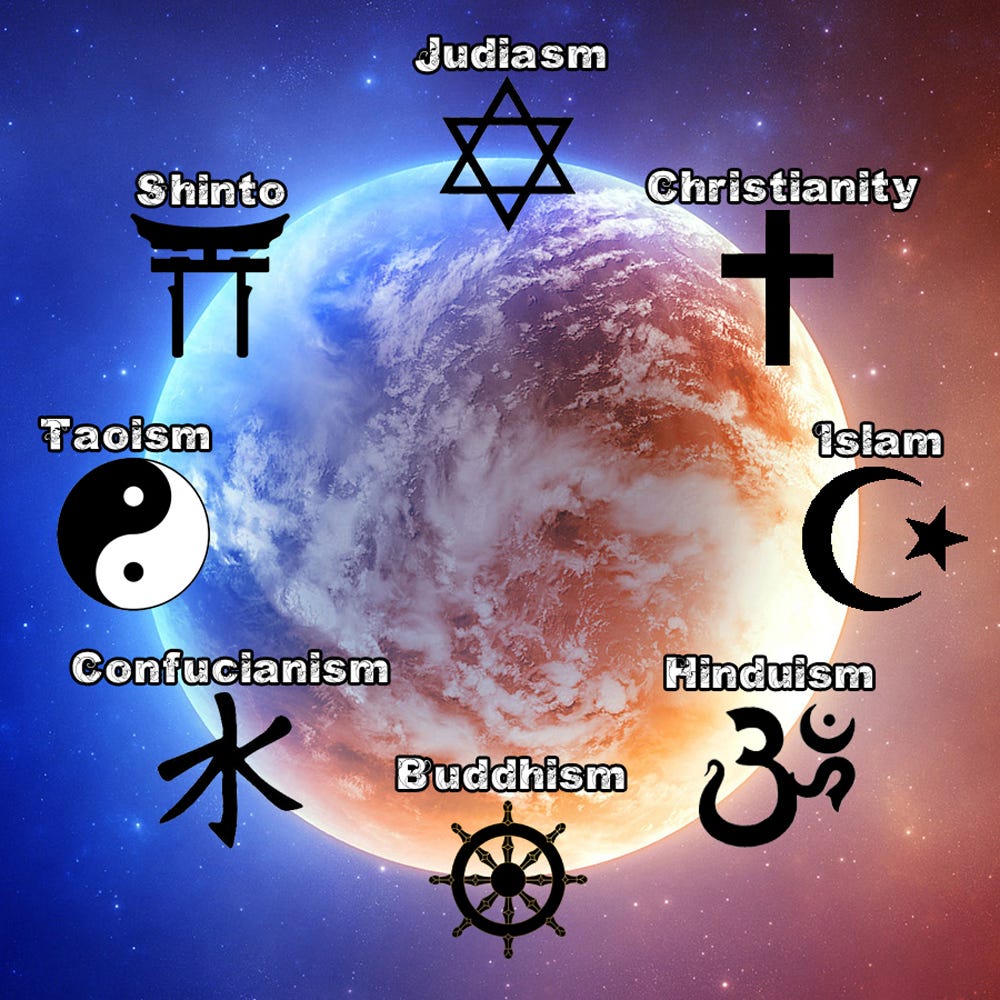Described by some as a psychological drama written and directed by William Peter Blatty, the author of the book the movie ‘The Exorcist’ is based on. Considered by some as the second installment in Blatty’s ‘faith’ trilogy, to where we have first The Exorcist, outlining the foundation for evil and Man’s fall. This second film, which is based on the book ‘Twinkle Twinkle Killer Kane’ (or The Ninth Configuration) outlining God’s Love as incarnate in an act of sacrifice. And the third, ‘The Exorcist III’ foresees the final battle between good and evil, as good’s final conquest against evil.
And so, The Ninth Configuration is the story of a group of Vietnam soldiers and in general military fatigued and mentally disturbed individuals who are brought to an institution, one of many around the country, to evaluate the authenticity of the soldier’s psychological break, much like the skepticism many in the military find of these conditions that they are just trying to get out of the military. A new psychologist is brought to the facility, Colonel Kane, whose identity is the brother of the infamous Killer Kane, one known for severe brutality against the enemy, killing many with nothing but his hands. He immediately is taken by one patient in particular, Major Cutshaw, an astronaut that freaked out right before his launch to the moon, and was taken away for psychological evaluation.
Through a series of interactions with Cutshaw, whose religious perspective is made quite apparent by his anger towards God, calling him ‘a big giant foot’ Kane takes it upon himself to ‘argue’ for the existence of God (hence the title of the film the ninth configuration, a term that points to the complexity of the chemical make up of life as a ninth configuration and the billions upon billions of chance comixtures of chemicals making it much less likely to be the product of chance than a God). Cutshaw expresses his anger at the very concept of God with respect to morality. Considering all the suffering in the world, Cutshaw finds it impossible to believe that there is a God, particularly since the innocence, and animals themselves that did not share in original sin, suffer because of it. Kane suggests that an act of love, and all the goodness we see in the world, makes up for the evil itself. Cutshaw asks for a demonstration of this goodness to which Kane points to acts of sacrifice for others. Cutshaw asks for just one example and Kane cannot find one.
As it turns out, a new patient is admitted to the institution who exposes Kane true identity. He is killer kane, and the institution’s doctor is his brother, who had arranged to have Kane come under the guise of a psychologist to help heal him of his past sins of murder while feeling that this may also help the men he has been asked to treat. When Cutshaw hears of this, he runs off to a bar in the area to drink off his despair of confiding in the murdering Kane. But while at the bar, a motorbike gang member recognizes him as the crazy astronaut, and proceeds to torment him along with the rest of his members. Meanwhile. Kane decides to pursue Cutshaw and bring him back to the facility after an anonymous phone call is made by a bartender to the facility about Cutshaw’s being assaulted by the gang and held hostage. Kane comes into the bar where the main biker forces him to perform humiliating tasks in order to release Cutshaw to him. Finally, just as the members are about to essentially rape Cutshaw, Kane’s killer instinct comes out and he kills all of the assaulting bikers and brings Cutshaw back.
Knowing that he will be put in prison for the rest of his life, Kane fatally wounds himself at the facility, unbeknownst to Cutshaw who comes to Kane and finally reveals why he wouldn't go to the moon. It was due to his fear of dying alone. And since he didn’t believe in God, he would be really alone. But just then Cutshaw realizes that Kane had been fatally wounded and carrying his body down the stairs to the staff of the facility he states that Kane had given his life for him, and this was Kane’s final example of one sacrificing for others, a definitive proof of goodness and of God to Cutshaw.
The end shows Cutshaw returning to the facility, some time later as it was empty, and reads a note written to him by Kane explaining why he killed himself, that he had shown him proof of goodness and God, and that he would see him again. As he is leaving in a transport, he finds a medal that he had given Kane in the seat of the car. It was ‘proof’ (which Cutshaw had asked Kane to show him any sign of life after death if he died before him) that there was life after death, and the ecstatic Cutshaw is filled with the hope of everlasting life and being reunited one day with his friend and savior.
Obviously there are many themes here, particularly that of Christ the sacrifice for our own lives, as Kane demonstrated. Kane here was a Christ figure, albeit an imperfect one. However, we see Kane as we see ourselves, partaking in an attempt to make up for our sins to which all we can do is submit to the message of Christ, which is to take up one’s cross, through suffering, through the easy yoke of Christ, and being Christ to another by sacrificing our own lives so that others may live.
The facility itself is much like life itself. The world is nothing more than an asylum of lost souls, confused and without any reason for our existence as we spout out incoherent quips that only entertain us as we travel through this cave of insanity. And while like Kane as seen by Cutshaw as a brutal murderer, we see the God of the Old Testament as a brutal murderer, a foot, waiting to stamp us out at any minute, and of course we reject him. But he comes to us, in spite of our preconceived notions of who He is, and saves us from our own predicaments, freely, taking on our punishments (for Cutshaw’s derision by the bikers was his own and not Kane’s). Ultimately the Ninth Configuration is a modern story that reflects the Gospel itself, like a slice of the world that cannot help but reflect the heavens shining down above.
Let us break down a few memorable scenes of the film to give us a closer look at how Blatty sees his faith through this story.
Scene…On the Moon with the Crucifix
In this scene Kane is having a dream, recalling the incident of Cutshaw’s ill-fated refusal to travel to the moon. However, we see that no matter where we are Christ is there, suffering with us. If we think we are alone, we are not. If we just open our hearts to the story of the gospel, in the words of Francis Thompson, “And LO, in the night my soul my daughter, cry clinging heaven by the hems, and lo Christ walking on water, not of Gennesareth but Thames…” Christ’s incarnation in all times and all places and is not merely inescapable, like the man that saw the crosses everywhere he looked in Chesterton’s novel the ball and the cross, but is much like the Father always watching over us and never far, to save us before we get into any danger, even on the surface of the moon. For the footstool is not merely earth but the entirety of the physical universe.
Kane Meeting Cutshaw For the First Time
This is where we are introduced to Cutshaw’s relationship with Kane and its hostile but humorous beginnings. Notice that Cutshaw picks up a copy of How I Believe by Pierre Teilhard De Chardin. He exchanges it for the medal he claims Kane is covetous of. As he is leaving he refers to the book as “I remember mama by Oedipus Rex” a playful but telling reflection on how he regards belief in God which is expressed in the title of the book ‘How I believe’ He is suggesting that Mankind’s relationship to God is reminiscent of a man’s relationship to his mother, a childish fixation on her in the oedipal complex, but nothing more. And yet, while Cutshaw is clearly cynical about religion, he is continually interested, but will not admit it, for it is an admission of the weakness of his own presumed gullibility to religion.
However, much deeper is this exchange of the book and the medal. The book is a symbol of Kane’s faith that he gives to him. WHile the medal is a symbol of his cynicism of God, with its mockery of the multiplicity of religious claims, on one hand St. Christopher, representing the Christian faith, and the other side representing a mockery of buddhism “I am a buddhist, in case of an emergency call a llama.” For like Kane, we can be honest with God concerning our cynicism, coming to Him in prayer, in honesty, and He will exchange this cynicism with an authentic trust, not some blind faith, in His faithfulness and goodness.
INFINITE GOODNESS SCENE
Here is where we find the crux of Cutshaw’s dilemma with the idea of God. For if God exists why is there suffering. If God exists He is nothing but a foot seeking to stamp us out. As I mentioned earlier, Kane is seeking to offer proof in a logical argument. But Cutshaw wants evidence. But just examples are not enough. The evidence must come in the form of a real example. And ultimately this is a foreshadowing of what Kane will ultimately do as a sacrifice and as a therapeutic ‘shock therapy.’ For as Kane scribbles in his notepad about shock therapy he is referring not to shock treatment with electricity, but the shock of seeing real goodness as a sacrifice.
As a philosophical theologian, I have been developing my own theory on God’s relationship to His creation, which answers Cutshaw’s problem with animal suffering and mirrors his referral to God as a foot. For in Isaiah 66:1 and in Psalms 110:1 the prophets refer to the physical world as God’s footstool. But maybe, the physical plane of existence is the floor where we as beings created by God were meant to walk on. If this is the case, and we have fallen, then each of us, not just our ‘parents’ in Adam and Eve as explained by Kane in his reference to original sin, have fallen. We are thus crawling on the footstool. I feel that even animals are like us, but they are only partially fallen (like one on their knees and not face down) beings and thus their suffering, though lesser in the personal sense but nonetheless horrendous, is just that result of falling on the footstool. And our relationship to God is much like seeing His foot (and one could see hell as the individual that goes against God, for we feel the friction of go against a powerful force in a particular direction). However, Christ comes down, and picks us up, suffering with us.
Barfight Scene
I don’t have much to say here. This is the action seen and this is exciting and fulfilling to see these hoodlums get their just desserts. But this only leads us up to the final scenes of the film, as the impetus behind Kand’s ultimate sacrifice
Dont Want to Die Alone Without God
Here, Cutshaw reveals the truth about why he wouldn’t go to the moon. In his experience in outer space, he found that he was alone from his home, earth, and if something happened he didn’t want to die alone. And if there is no God, that would be really alone. I think this reveals a real problem for most people that even atheists do not like to admit for fear of looking vulnerable and weak. But we are all afraid of death, of what lies on the other side. But especially the act of dying itself. For even if we assume there is nothing beyond death, the act of dying is scary. We will stop breathing, which is something we have been doing our entire lives nonstop. And that event of cessation, at the horizon of our end, we do not want to meet that fate alone.
But what Kane is trying to show him is that we don’t have to EVER feel alone. For the strange thing is, is that when we are surrounded by others, they are in the same boat as we are. It is like being in a sinking ship hoping the people around us will save us. But they can’t. For they are literally in the same boat. What comfort ultimately can others offer since they are equally terrified. If there is to be ANY comfort, it MUST come from one that is ON the other side and KNOWS what it is like to die, namely Christ and of course the cloud of witnesses scripture talks about that are saints that have passed on (like Saint Christopher, on the medal he gave Kane), and that they live on and serve as companions not just memories in our head.
End Scene
The end finds Cutshaw coming back to the place where he was convinced of goodness in the world through Kane sacrifice. This is much like the death of Christ and our recognition of His goodness in the image of the cross, the reminder of his sacrifice. However, this is only part of the story. We are only transformed towards hope and away from despair when we see that Christ is risen and we can be risen too. At the end, when Cutshaw sees the medal, which represents the ‘sign’ that Kane promised to show with the (ill try) response, floods Cutshaw with the proof he needs. For Kane IS alive, albeit somewhere. And HE TOO will be alive after his death, reunited with his friend, in the presence of eternal goodness, God. Not just the foot but the face of the one that has shown his love.
My takeaway from this movie is not only does it possess the profundity of a film like The Seventh Seal by Ingmar Bergman, but it has something that film, and many others that dig deep into the existential funk of Mankind, HOPE. This film ends not on a sad note, but a hopeful one. It is like listening to a symphony that is to be continued, forever.















